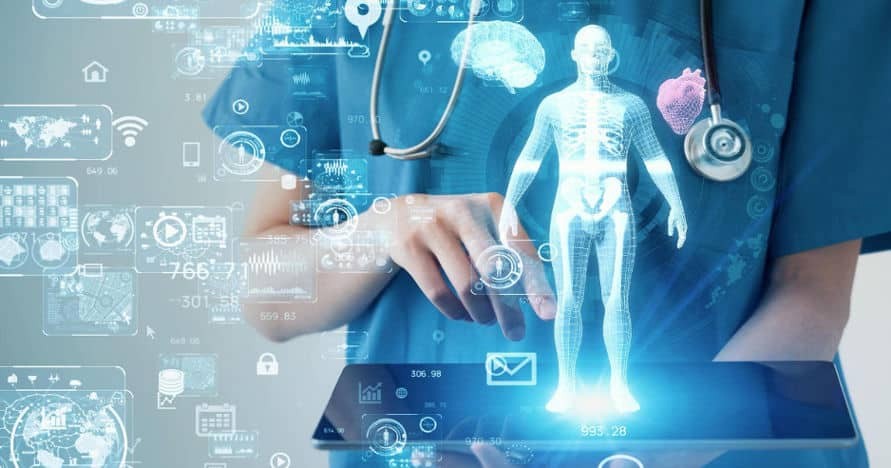The integration of AI with electronic medical records has the potential to transform clinical practice.
When I became a division chief at a major children’s hospital in the early 2000s, I witnessed firsthand the rising influence of electronic medical records (EMRs) on clinical care. Now, with years of experience behind me, I find myself contemplating the impact that artificial intelligence (AI) might have.
In my view, much of the promise of electronic medical records (EMRs) remains unfulfilled. The much-touted ability of EMRs to facilitate seamless transfer of medical records between institutions is often hindered by incompatibilities. Even when two hospitals use the same EMR system from the same vendor, their versions frequently cannot communicate due to extensive customization tailored to each institution’s unique needs and policies.
Additionally, during my consultations, I observe that despite significant changes in a patient’s symptoms throughout hospitalization, the clinical notes frequently do not capture these updates accurately. Instead, outdated sections from earlier notes are often repeatedly copied and pasted into progress notes, sometimes resulting in the continuation of serious errors.
Finally, when converting an EMR’s digital data into a paper record, the result is often impractical. For instance, each blood pressure reading, pulse, lab result, or medication administration is printed on a separate page, creating a disorganized stack of documents that is difficult to manage.




























